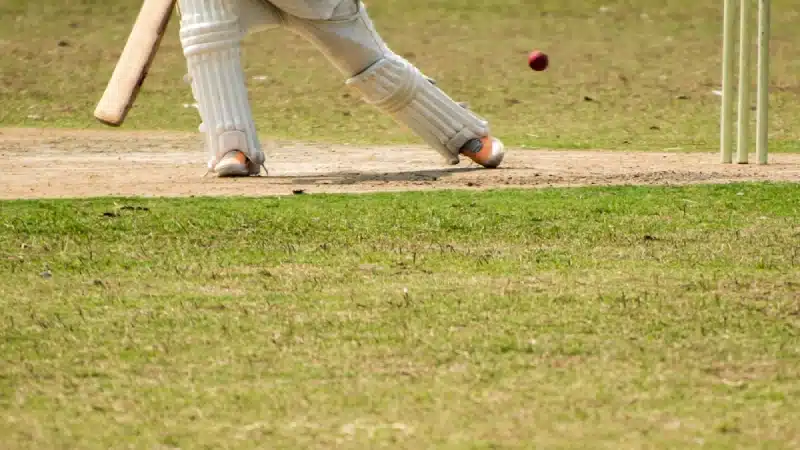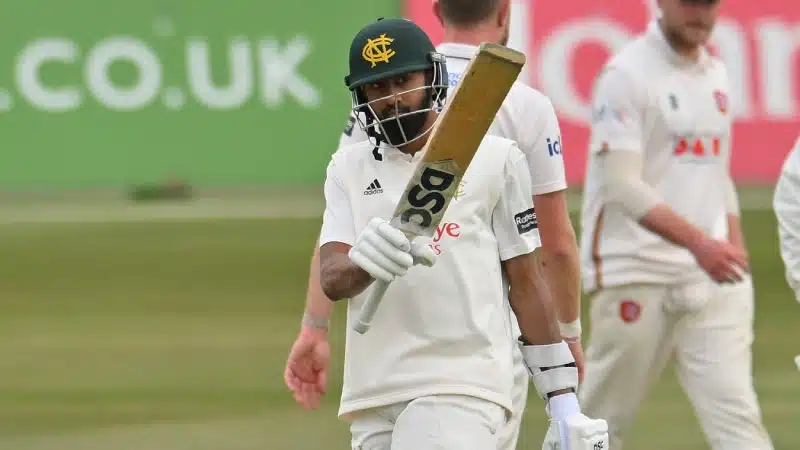
Sports tend to carry great power in uniting people, bringing together nations irrespective of differences in caste, sect or religion; evoking the purest of patriotic affinities. Be it the South African rugby team of 1995 which united a nation struggling to overcome their racial differences, Or the Sri Lankan cricket team of 1996 that managed to reinvigorate its citizens at the height of a civil war, sport has had great ability to shape the course of a nation's history.
However, many a times political tensions tend to override the sporting sentiments, with the 'gentleman's game' suffering the worst of the sacrifices in the wake of political conflicts. Here is a list of five times politics took over from cricket...
Pakistani players' IPL snub
Diplomatic relations between India and neighbouring Pakistan have always been tender, despite their mutual adoration towards cricket. However, cricket was the loser when all Pakistani cricketers went unsold at the Indian Premier League auction for the 2009 edition.
After the city of Mumbai suffered a horrific terrorist attack in November, 2008 with the perpetrators having Pakistani connections; tensions between the two nations were rife. The IPL had to face the brunt of it as the likes of Shahid Afridi, Sohail Tanvir and the rest Werew not picked up by any of the Indian franchises fearing backlash.
Following the snub, Pakistani cricketers have since boycotted the IPL with matters escalating to such a level that no bi-lateral tournaments between the two countries being played since 2012.
Bodyline dents two nations
Short pitched bowling by a pacer is generally seen as a sign of positive aggression by most today; but in 1932-33 Ashes series, it almost broke down diplomatic relationships between Australia and England.
JR Loke/ AFP
The hosts Australia had a certain Don Bradman amongst the ranks, and to counter his batting prowess, England's bowlers devised a tactic of relentless short bowling which later went on to 'Bodyline.' although no batsmen were seriously injured, the Australian media And Public Towards the negative tactic by the visitors. England's main bowler Harold Larwood was asked to give a written apology to the Australian board, but he refused and never played for England again in the future.
Off the field, diplomatic relations between the two countries remained tense till the second World War, with Australian products being rejected by England and its colonies;. And vice versa English immigrants in Australia were ostracized while Australian visitors to England faced hostility Even a statue. Of Prince Albert was vandalized in Sydney, with the word 'Bodyline' painted on it.
Dug up pitches and venomous vipers
Greg Wood/ AFP
In October of 1991, Pakistan were slated to play a Test series in India. However, Indian political party Shiv Sena were in open protest of this series over the Kashmir conflicts, with a mob illegally entering Mumbai's Wankhede stadium and digging up the pitch a night Before the Test match. The playing surface was rendered unplayable and the entire series was scrapped amidst political tensions.
The same right-wing group attempted to disrupt a bi-lateral series even in 1999, vowing to release several venomous snakes onto Delhi's Feroz Shah Kotla stadium. But the BCCI were more vigilant this time around, employing around 20 of the best snake charmers to Curb the nuisance. Thankfully, the who went ahead and is today forever remembered as the game when Anil Kumble picked up ten wickets in an innings.
Zimbabwe's cricket crisis
Adrian Dennis/ AFP
In the early 2000s, Zimbabwe were an up and coming cricketing nation with the likes of Heath Streak, Henry Olonga and Andy Flower at the prime of their careers. However, cricketing talent in the African nation was being supressed by their long-serving Prime Minister Robert Mugabe insistent of having a minimum number of black players in the team irrespective of talent.
When Streak addressed this issue to his cricket board, he was unceremoniously sacked as captain, replaced with the young and untested Tatenda Taibu. Streak announced his retirement with immediate effect following the sacking, alongside 15 other players and officials who were ousted by the board. Zimbabwe's cricket board along with the ICC agreed to have self-imposed ban on Test cricket which lasted until 2005, owing to poor performances by their new set of players which were all most all racially profiled to pander to Mugabe's campaign.
D'Oliviera affair
All-rounder Basil d'Oliviera might not have been the biggest name in cricket, but he was the subject of a massive political controversy in the 1960s. Owing to the apartheid period in South Africa, players of colour were ineligible for selection to the national Team. D'Oliviera, who was a coloured South African, emigrated to the United Kingdom to play with the Worcestershire county club and was eventually selected to play for England. Tensions rose when d'Oliviera was selected for an away tour against the Proteas in 1968, with many politicians in South Africa claiming the selection to be racially motivated.
However, this Basil d'Oliviera controversy highlighted South Africa's cricket apartheid to all in the world, with a subsequent South African tour to England cancelled in 1970. The South African team was also shunned by the ICC and banned from all tournaments, until they were Given a re-entry to the sport in November, 1991 after they denounced the system of apartheid.























